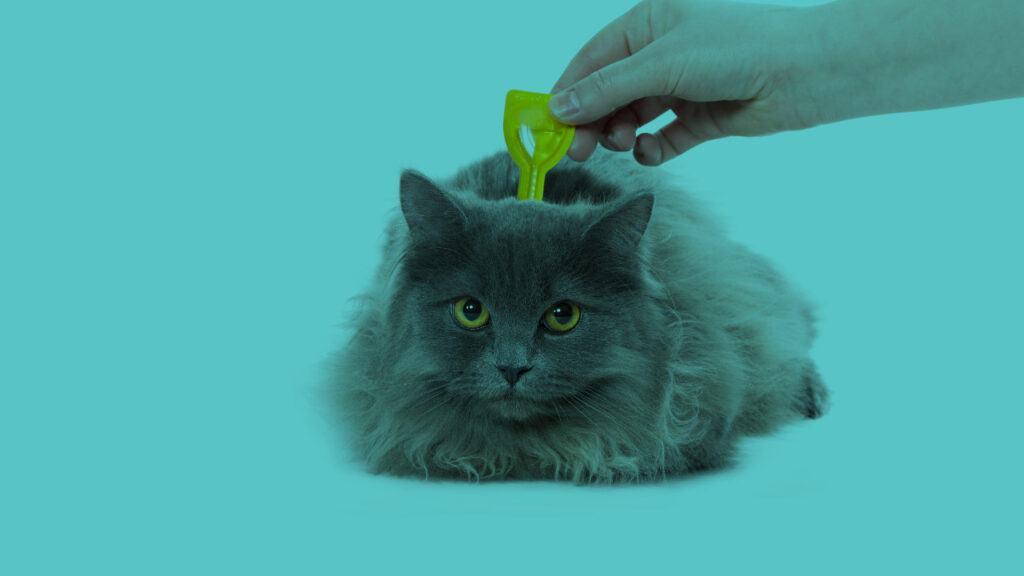The lowdown on worms for cats and dogs

Dogs and cats can get worms through eating worm eggs off the ground. They are passed via infected pets poop, through an infected mum passing them to her babies through pregnancy or her milk, or via ingestion of fleas (carrying tapeworm).
Intestinal worms are in four main groups:
- Roundworms
- Hookworms
- Whipworms
- Tapeworms
These are treated and prevented with an all wormer tablet or a topical spot on according to their weight.
Worming schedule for kittens and puppies through to adults:
- 2 weeks – 12 weeks old: 2 tablet’s weekly
- 12 weeks – 6 months old: 1 tablet monthly
- 6 months old and onwards: 3 monthly (or monthly spot on, see below)
Topical spot ons are also a popular choice. These often have flea control &/or heart worm prevention included so they need to be applied monthly. They don’t treat for tapeworm however, so you will still need to give your buddy a tapewormer, rather than an all wormer.
Together with medication to treat and prevent worms, there are steps you can take to reduce the risk of your pet getting worms in the first place. This is really important as intestinal worms not only cause illness to your fur kid, they can be a potential health hazard for humans too.
Four steps to reduce pets getting worms:
- regular poop collection – back yard (minimum weekly) and litter tray (daily)
- watch your dog at parks – try to stop the eating of poop
- wash hands after touching the animals
- don’t let pets lick your or your kids’ faces!.